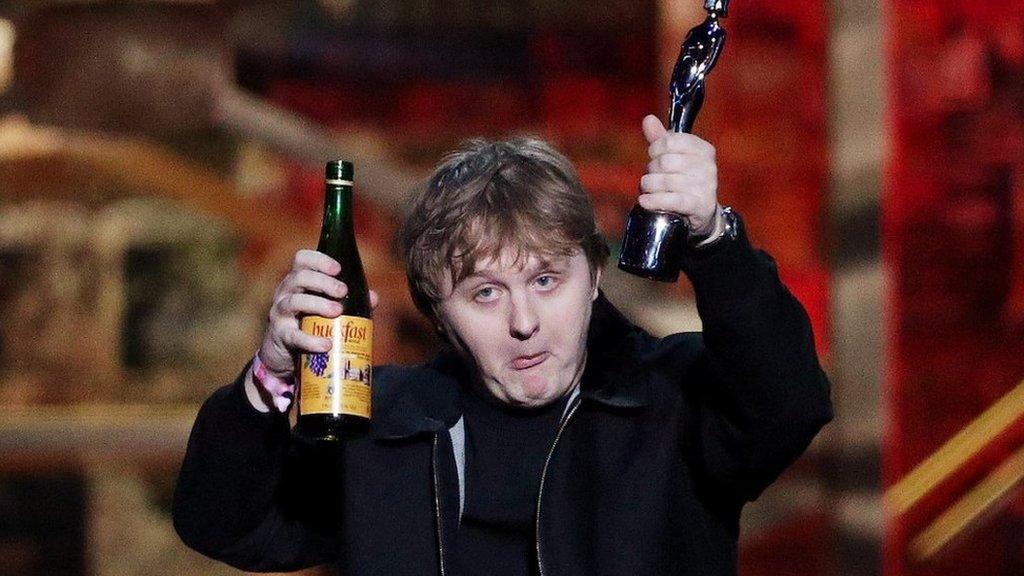Brits 2021: Celeste and Dua Lipa among frontrunners as nominations announced
- Published
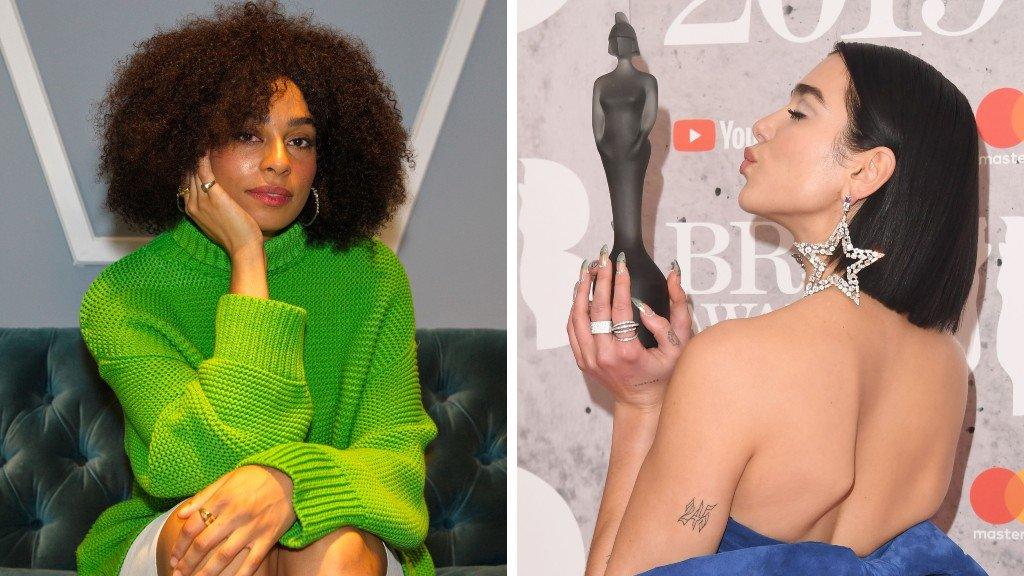
Both Celeste and Dua Lipa are former winners of the Brits' breakthrough artist award
Celeste and Dua Lipa are among the main nominees for this year's Brit Awards, which take place in May.
The stars both have three nominations, as have newcomer Arlo Parks, dance producer Joel Corry and grime duo Young T & Bugsey.
A year after the Brits were criticised for a lack of female nominees, four women are up for the best album prize - the highest-ever total.
Dua Lipa's pop odyssey Future Nostalgia is the one to beat in that category.
Her record, which recently won best pop album at the Grammys, is up against Jessie Ware's What's Your Pleasure? and J Hus's Big Conspiracy.
The debut releases by Arlo Parks and Celeste round out the nominees. Last year the award went to Dave's bold and thought-provoking Psychodrama.
UK rap also has a strong presence across the nominations with AJ Tracey, Headie One and J Hus scooping two nods each, and rising stars Young T & Bugsey building on the viral success of their single Don't Rush.
The 2021 winners will be announced at the Brit Awards ceremony on 11 May at London's O2 Arena. Comedian Jack Whitehall will present the show for the fourth time, while Dua Lipa and rising star Griff will perform.
The show was delayed from its usual date in February because of the pandemic. It is not yet known what format the ceremony will take.
Here are six notable facts about this year's shortlist.
1. New rules help new artists

Joel Corry is up for three prizes - best breakthrough, single and British male solo artist
For the first time, artists didn't have to release an album to be eligible for the best male and female categories.
That helped Geordie Shore star turned dance producer Joel Corry pick up three nominations, thanks to his hit single Head & Heart which topped the charts last summer and is yet to leave the Top 40.
"If you'd told me a few years ago I'd be nominated for a Brit Award I'd have said you were mad. So to be nominated for three has blown my mind," said the musician.
A more highly-publicised rule change allowed any artist who has been a permanent resident in the UK for more than five years to become eligible for nomination.
That opened the door for British-Japanese pop star Rina Sawayama, who had previously been told she was "not British enough" to enter the awards.
She ended up with a nomination in the rising star category and said she "literally fell to the floor" when the news broke.
The winner of that prize is announced in advance, however, with London singer-songwriter Griff taking the title.
2. BTS get their first nomination
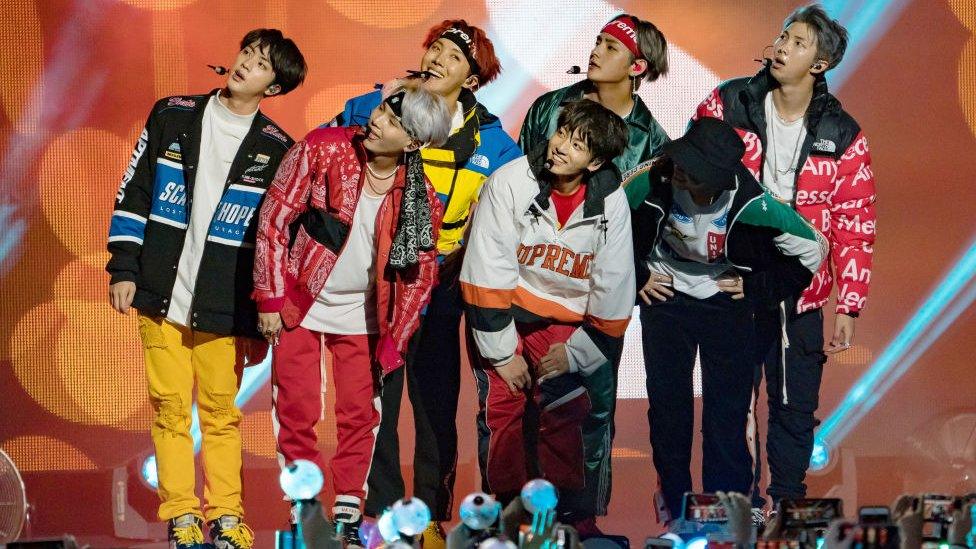
BTS scored two hit albums in 2020
For reasons best known to themselves, the Brits scrapped the best international group prize in 2020 - causing uproar amongst the BTS Army.
"The Brit Awards straight up robbed BTS," said a typical tweet, external.
"They kept best international male and female," noted another fan, external. "Are they really that desperate to block out BTS?"
This year the category has been reinstated and BTS - after becoming the best-selling act in the world in 2020 - must surely be among the favourites to win.
However, there's stiff competition from acts like Haim and Fontaines DC who, while not having the Korean band's sales, are more favoured by critics.
3. There are some notable omissions
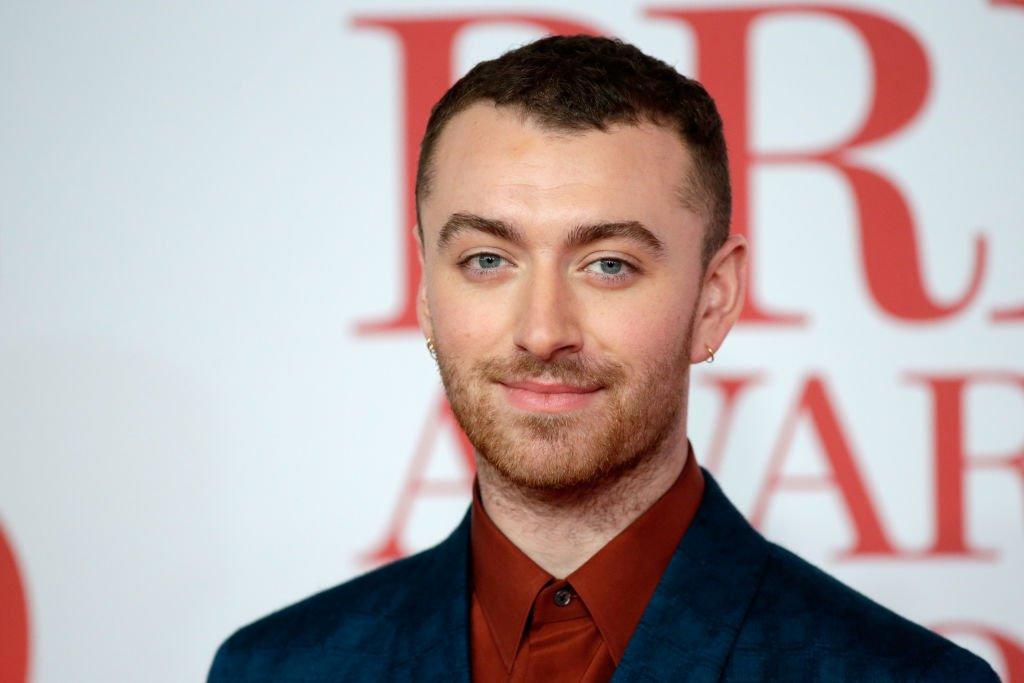
Sam Smith walks away empty-handed
It's bad news for Sam Smith, who walks away with no nominations for the second time in their career.
The singer, whose identifies as non-binary, did not enter the best male or female categories. Their third album Love Goes was eligible for the album of the year award but did not make the cut.
Organisers of the Brits had previously considered scrapping male and female-specific awards, but later told voters it would keep them for this year.
"Looking to the future we still have a lot of work to do in the coming years to evolve the Brits," it said in a statement.
"The process of change isn't something that can be fixed in just one campaign and we are committed to working together with the industry to evolve the show to be as inclusive and relevant as possible."
Smith later wrote on Instagram: "Music for me has always been about unification, not division. I look forward to a time where award shows can be reflective of the society we live in.
"Let's celebrate everybody regardless of gender, race, age, ability, sexuality and class."
The singer is not the only artist to miss out on a nomination this year. Kylie Minogue is absent from the shortlist, despite scoring a number one record with Disco last year.
And Sir Paul McCartney failed to receive a nomination for his latest album McCartney III. It is now 38 years since the former Beatle has won a competitive Brit award.
4. Little Mix nearly didn't find out about their nomination
Allow X content?
This article contains content provided by X. We ask for your permission before anything is loaded, as they may be using cookies and other technologies. You may want to read X’s cookie policy, external and privacy policy, external before accepting. To view this content choose ‘accept and continue’.
With the nominations ceremony scrapped due to the pandemic, this year's nominees were all notified by post.
As you can see in the video above, Little Mix had a little trouble opening the envelope (gotta protect those nails) but they eventually discovered they'd made the best group shortlist for the third time in their career.
5. Female acts dominate the best album category
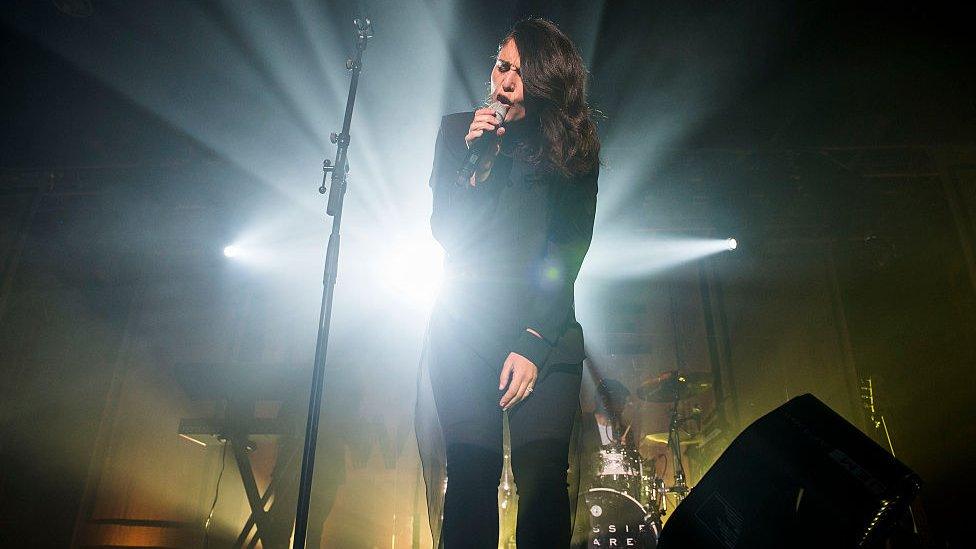
Jessie Ware has earned her fifth and sixth Brit nominations - including her first album of the year nod
Last year's Brit Awards were notable for the lack of female nominees. In the four categories where men and women could compete, only three women received a nomination: Mabel, Miley Cyrus and Norman (and the latter two were featured singers on singles by male artists).
"It's mis-representational of society," singer Paloma Faith told the BBC. "Next year the Brits can do better," added Charli XCX.
And so they have - although, awkwardly, neither Paloma nor Charli got a nod for their latest albums.
Nonetheless, and for the first time, four of the five records nominated for best album are by women - with Dua Lipa, Celeste, Arlo Parks and Jessie Ware in the running.
"It's a pleasure to be surrounded by these incredible women," said Ware, on learning of her nomination. "It's a real treat."
However, she didn't rate her chances of winning.
"This is my fourth time up for [a Brit] and I've always been the bridesmaid," she explained. "And I feel like I'm going to be the bridesmaid again."
Meanwhile, in the best international female category, the competition was so stiff that two of last year's most critically-acclaimed albums - Phoebe Bridgers' Punisher and Fiona Apple's Fetch The Bolt Cutters - were denied a nomination.
6. The best singles category reflects the fragmentation of music listening
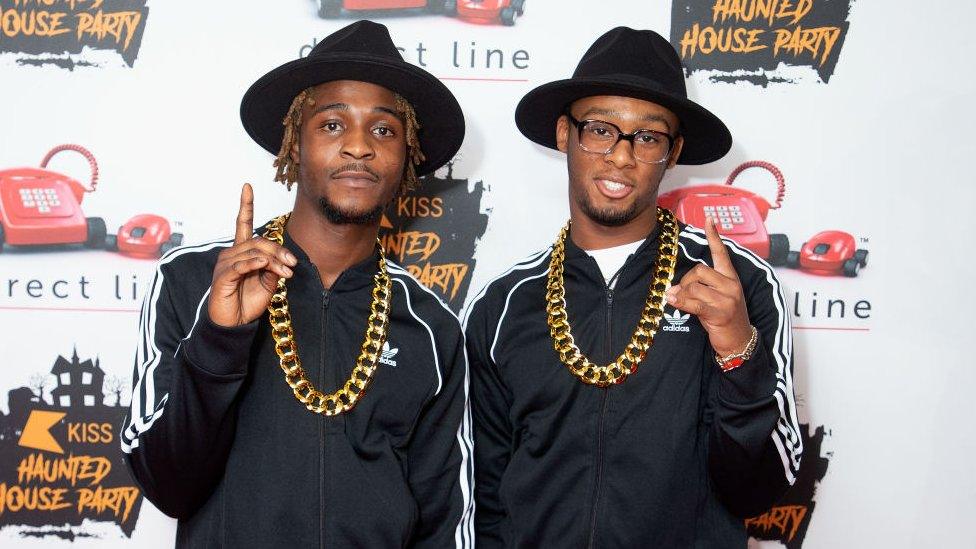
Nottingham duo Young T & Bugsey had one of the top 10 best-selling British singles of 2020
Paul McCartney once said he knew the Beatles had become famous "when I was lying in bed one morning, and I heard a milkman whistling From Me To You."
Those days are over, even though milk deliveries actually increased in the pandemic. With a proliferation of radio stations, streaming services and other ways to access music, the idea of a universally recognisable hit is dwindling.
Over the last 10 years, there have only been a handful of crossover songs. Pharrell's Happy, Mark Ronson's Uptown Funk and Adele's Someone Like You spring to mind.
The nominees for best British single reflect the fragmentation of music listening. Although the nominees are made of the 10 best-selling British singles of the last year, there are maybe three songs that will be recognisable to a large cross-section of the public: Dua Lipa's Physical, Joel Corry's Head & Heart and Harry Styles' Watermelon Sugar.
The rest are a combination of streaming hits and UK rap, most notably the sinuous and addictive Ain't It Different, which features the all-star cast of Headie One, AJ Tracey and Stormzy.
Allow YouTube content?
This article contains content provided by Google YouTube. We ask for your permission before anything is loaded, as they may be using cookies and other technologies. You may want to read Google’s cookie policy, external and privacy policy, external before accepting. To view this content choose ‘accept and continue’.
Barely scraping onto the shortlist is Young T & Bugsey's Don't Rush, which holds the dubious distinction of being the first best single nominee since 1995 not to have made the Top 10.
That's not to say the scattershot nature of this year's field is a bad thing. Taken together, the nominees reflect the strength and diversity of our music scene... and UK rap is absolutely the defining sound of 21st Century Britain.
But a healthy scene also needs big hits to rally around. What else are we going to chant at the top of our voices when we're finally allowed back into concerts?

Follow us on Facebook, external, or on Twitter @BBCNewsEnts, external. If you have a story suggestion email entertainment.news@bbc.co.uk, external.
Related topics
- Published11 May 2021
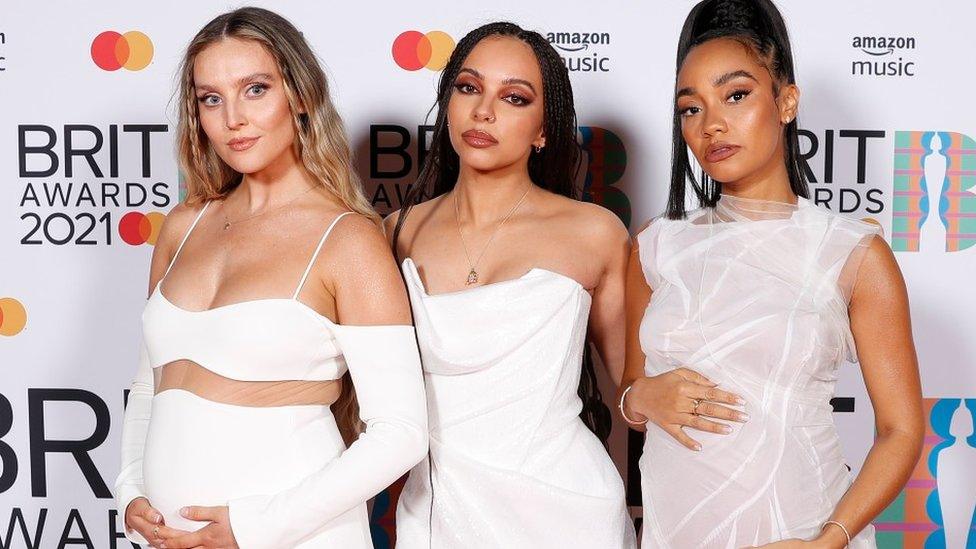
- Published19 March 2021
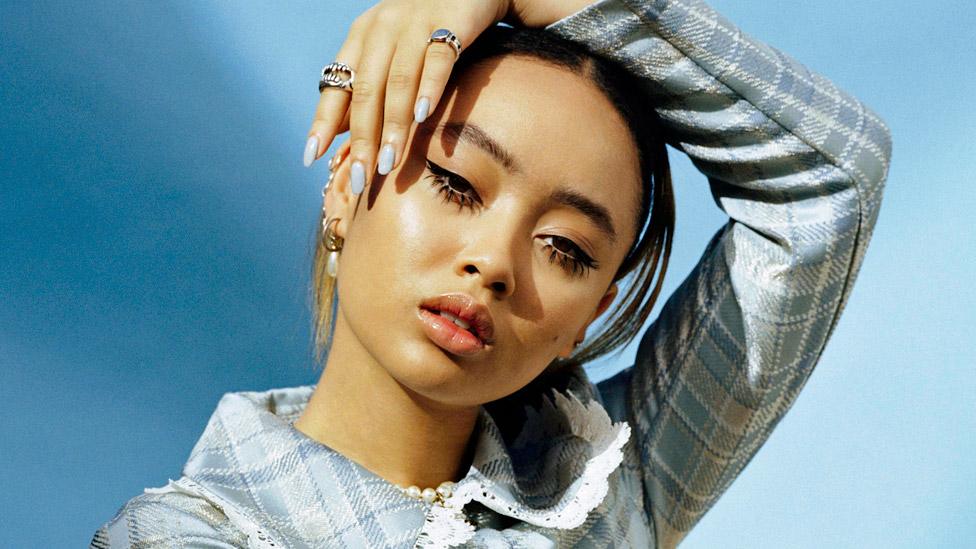
- Published29 June 2020
